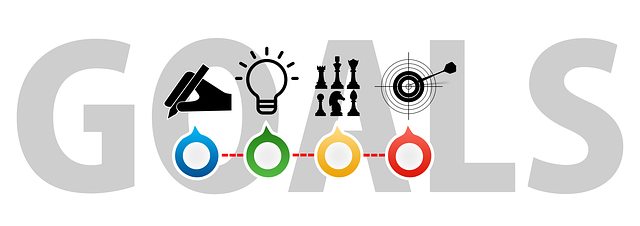In competitive real estate markets, strategic counteroffers are crucial for achieving mutually beneficial agreements. After evaluating the initial offer and market trends, craft a nuanced response that balances assertiveness with flexibility. Use data-driven arguments and highlight unique property features to support your desired price. Offer concessions on non-essential terms while remaining focused, respectful, and armed with Comparative Market Analysis (CMA) to reach a win-win solution.
In the dynamic world of real estate, counteroffers are a common tactic to navigate competitive markets. When a buyer or seller presents a counteroffer, it’s an art to respond strategically. This article guides you through understanding counteroffers and equips you with powerful strategies to craft compelling offers. Learn negotiation tips that can give you the upper hand in real estate deals, ensuring you secure the best possible terms for your next property transaction.
Understanding Counteroffers in Real Estate: When and How to Respond

In real estate negotiations, a counteroffer is a natural part of the buying or selling process. When an offer is made, the other party may respond with a counterproposal that sets different terms, such as a lower price, altered closing conditions, or modified repairs. Understanding when and how to effectively counter is crucial for gaining a strategic advantage in this competitive market.
Timing is key; counteroffers should be considered carefully after thorough evaluation. Assess if the proposed changes align with your priorities. If the counteroffer addresses concerns or brings the deal closer to your desired outcome, responding promptly can show your willingness to collaborate. However, if it deviates significantly from your initial goals, a thoughtful response that highlights achievable compromises may lead to a more mutually beneficial agreement.
Strategies for Crafting an Effective Counteroffer

Crafting a successful counteroffer in real estate requires a strategic approach. First, thoroughly analyze the initial offer to understand its strengths and weaknesses. Consider market conditions, comparable properties, and any unique aspects of your own home. Researching recent sales data for similar homes in your area can provide valuable insights into the current market value.
Next, formulate your counteroffer with a balance of assertiveness and flexibility. Present a clear and logical argument for your desired price, backed by relevant data and justifications. For instance, highlight any upgrades or improvements you’ve made to the property that enhance its value. Alternatively, offer concessions on non-essential terms, such as the closing date or specific items included in the sale, to make your counteroffer more appealing while still achieving your target price.
Negotiation Tips to Gain the Upper Hand in Real Estate Deals

In the fast-paced world of real estate, knowing how to counteroffer effectively can give you a significant advantage. When presenting a counteroffer, remember to keep it respectful and focused. Avoid escalating the negotiation with emotional or aggressive language; instead, present your case clearly and logically. For instance, if the buyer is asking for a lower price, highlight the property’s unique features or recent upgrades that justify a higher offer while being open to discussion within a reasonable range.
Another powerful tip is to be prepared with comparable sales. Real estate agents often use Comparative Market Analysis (CMA) to determine a property’s value based on similar nearby listings. By providing evidence of recent sales in the area, you strengthen your position and give the buyer a clearer understanding of what the property is truly worth. This knowledge allows for more productive conversations and increases the likelihood of reaching an agreement that benefits both parties.






